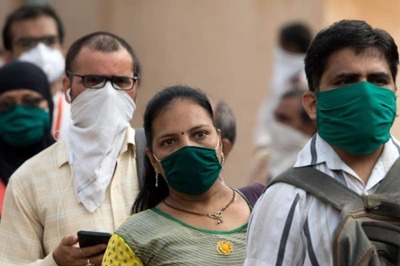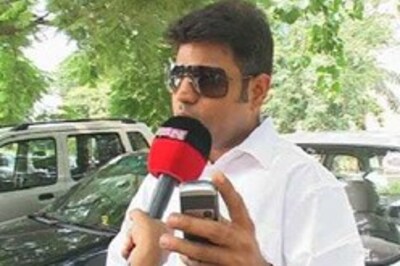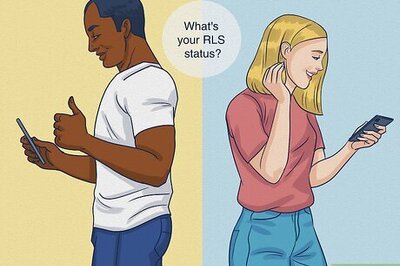
views
Geneva: The top UN rights official on Tuesday said Switzerland's ban on building minarets was deeply divisive and at odds with its international legal obligations.
UN High Commissioner for Human Rights, Navi Pillay, said in a statement that prohibiting an architectural structure linked to Islam or any religion was ''clearly discriminatory''.
Swiss voters adopted the ban in a referendum on Sunday, defying the government and parliament which had rejected the right-wing initiative as violating the Swiss constitution, freedom of religion and a cherished tradition of tolerance.
Pillay said the ban was ''discriminatory, deeply divisive and a thoroughly unfortunate step for Switzerland to take, and risks putting the country on a collision course with its international human rights obligations''.
Swiss Foreign Minister Micheline Calmy-Rey, speaking in Athens, said the ban brought new risks for Swiss security.
''We are concerned by this vote ... Every blow to the coexistence of different cultures and religions also endangers our security, because provocation risks sparking other provocations,'' she told a ministerial meeting of the Organisation for Security and Cooperation in Europe.
Switzerland, a country of 7.7 million, is home to more than 300,000 Muslims, mainly from Bosnia, Kosovo and Turkey.
The UN Human Rights Committee said last month the ban would bring Switzerland into non-compliance with the International Covenant on Civil and Political Rights.
''If the ban is implemented, it is a violation,'' a committee member, Nigel Rodley, told Reuters on Tuesday.
''It is discriminatory on grounds of religion and an infringement of religious freedom. It is the equivalent of banning spires on churches,'' Rodley, a law professor at the University of Essex in Britain, said.
Concerns
The Council of Europe said on Monday the ban raised concerns over whether fundamental rights, protected by international treaties, should be the subject of popular votes.
Moroccan daily newspaper Le Soir said: ''They call it democracy. No, it's more like institutionalised racism.''
Turkish Prime Minister Tayyip Erdogan, speaking on Tuesday to his Islamist-rooted AK Party's lawmakers in parliament, said: ''These are inherent rights that cannot be put to referendums."
''Basic rights and freedoms cannot be subject to voting. You cannot put freedom of faith, rights and freedoms of a community to referendums,'' Erdogan said in Ankara.
Earlier, the Turkish Foreign Ministry said it expected Switzerland to take steps to correct the situation.
A group of politicians from the SVP, the country's biggest party, and the conservative Federal Democratic Union gathered enough signatures to force the referendum on the initiative which opposed the ''Islamisation of Switzerland''.
Its campaign poster showed the Swiss flag covered in missile-like minarets and the portrait of a woman covered with a black chador and veil associated with strict Islam.
''I hesitate to condemn a democratic vote, but I have no hesitation at all in condemning the anti-foreigner scare-mongering that has characterised political campaigns in a number of countries, including Switzerland, which helps produce results like this,'' said Pillay, a former South African judge.
Switzerland's biggest-selling daily newspaper Blick defended the vote, saying the ban does not reject religious freedom and immigrants needed to make more of an effort to integrate.
''We should not be ashamed of ourselves!'' Blick's front page headline said today. ''We need a clear answer to the question of whether Muslims accept our legal system without any ifs or buts,'' it said in an editorial.




















Comments
0 comment